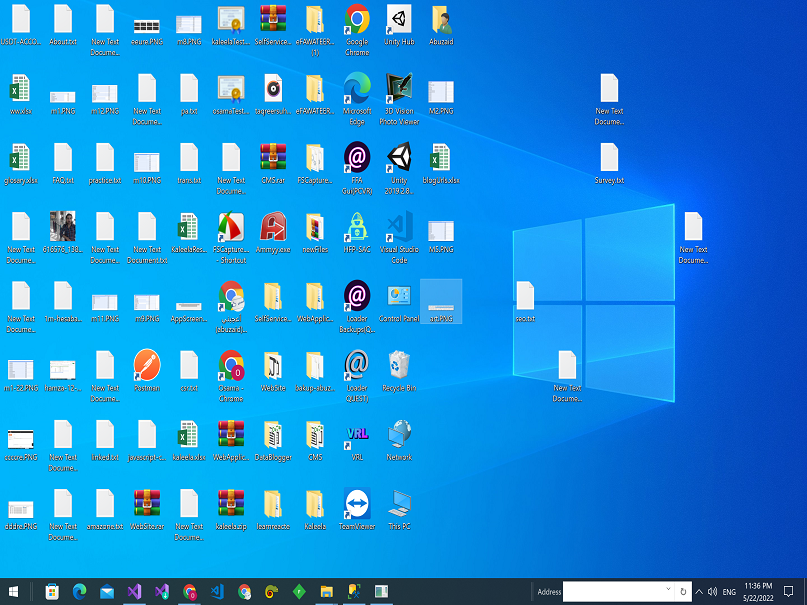Let’s Come Together and Celebrate Eid al-Adha 2022ww


There are two main holy days (or eids)
in Islam that are celebrated by all Muslims throughout the Arab world. The
first is Eid al-Fitr, the holiday that marks the end of Ramadan. The other is
the greater of the two holy days - Eid al-Adha (pronunciation: /ēd əlˈädhä/) - the subject of
today’s post.
Eid al-Adha is a day that marks the end of the Hajj pilgrimage. What’s
more, it’s also a day that honors Ibrahim’s loyalty to Allah and his
readiness to sacrifice his son, Ismail.
Allah had tested Ibrahim’s devotion to Him by asking him to sacrifice
Ismail, his dearest son. Though saddened by the request, Ibrahim did as Allah
told him to do. However, after seeing the Prophet’s loyalty to Him, Allah
replaced Ismail with a ram at the last moment. Ibrahim slaughtered the ram
instead. Thus began Eid al-Adha, or the Festival of Sacrifice.
Every Arab country has its own number of days it observes Eid al-Adha. Some have a two-day celebration while others observe it up to four days. Nevertheless, no matter the country, the first day always begins with Eid Salaah (Eid Prayers) at the nearest mosques.
After prayers, the act of qurbani
or “slaughter” begins. It is an act that all able-bodied Muslims must carry out
to honor of Prophet Ibrahim’s sacrifice for Allah. In fact, it is one of the Five
Pillars of Islam.
The animal to be sacrificed must be a sheep, lamb, goat, cow, bull or
a camel. It must be in good health and of a certain age in order to be
slaughtered in a “halal” way. Once it is slaughtered, the meat from the animal
is divided up three ways. One-third is for family, another third is for
friends, and the final third is for the poor and needy.
Traditionally, the rest of the day is spent having fun and feasting with
family and friends. Many also wear often wear new clothes during Eid as well.
Every year Eid al-Adha falls on
the tenth day of Dhu al-Hijjah – the 12th month of the Islamic lunar year. However,
because Islam uses the 355-day lunar calendar, the date changes every year for
those using the standard Gregorian calendar. For example, the last day of Dhu
al-Hijjah in 2021 was July 20th on the Gregorian calendar. This means that for Eid Al-Adha 2021, Dubai
began to observe Eid al-Adha on July 20, 2021. This year Eid al-Adha in Dubai
starts on July 9, 2022. Still, it all depends on legitimate sighting of the moon
following the completion of the annual Holy Pilgrimage of Hajj.
So, maybe you’re not Muslim, but you want wish your friends and their
families a happy Eid, but how? Well,
here are a few Eid al-Adha
wishes you can say:
“Wishing you a blessed Eid al-Adha! May Allah accept your
sacrifices and grant your prayers.”
“Eid Mubarak! Wishing you a joyous and blessed Eid al-Adha with
lots of laughter, joy, and good health!”
“I pray that Allah showers you with peace and prosperity in
this life and in the afterlife. Eid al-Adha Mubarak!”
Of course, you can also just simply say, “Eid al-Adha Mubarak, everyone!”
Eid al-Adha Mubarak, everyone!
---
Want to find out more about Arab culture? Then head over to
our website where you find a plethora of
posts on Arab holidays, food and the Arabic language.
Speaking of Arabic, now you can
learn Arabic anytime, anywhere with the Kaleela Arabic learning app on your
smartphone. Get it now from the App
Store, Google
Play, and of course, right here on kaleela.com!
Kaleela – Learn Arabic the Right
Way!